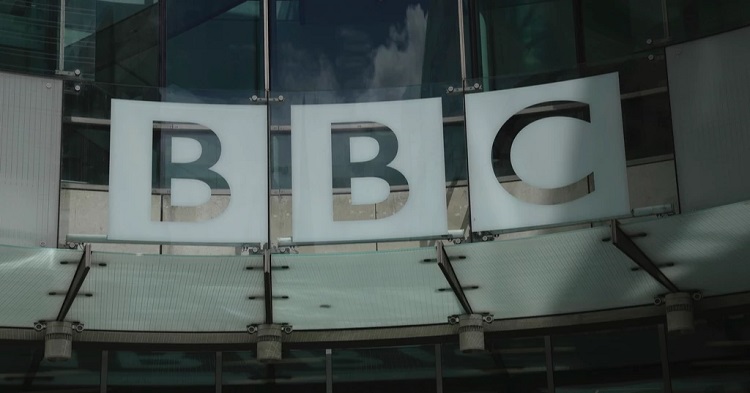Niger junta suspends BBC for alleged false attack coverage


Niger's military junta has suspended the BBC for three months, accusing the broadcaster of disseminating false information in its coverage of an extremist attack that purportedly claimed the lives of dozens of Nigerien soldiers and civilians, according to authorities on Thursday, reports AP.
Raliou Sidi Mohamed, Niger’s communications minister, stated in letters addressed to radio stations that rebroadcast BBC content that the broadcaster was “spreading false information aimed at destabilising social calm and undermining troops' morale.” Mohamed instructed these stations to halt all BBC programming “with immediate effect.
The BBC declined to comment on the suspension.
The BBC, widely popular in Niger, airs several programmes, including Hausa-language content, through local radio partners to cater to a significant audience across the region. On Wednesday, the broadcaster reported in Hausa on its website that armed attackers had killed over 90 Nigerien soldiers and more than 40 civilians in two villages near the border with Burkina Faso.
Similarly, the French broadcaster Radio France Internationale (RFI) reported on the attack, describing it as a jihadi assault and providing the same death toll figures. However, Niger's authorities denied the occurrence of any attack in the area. In a statement broadcast on state television, they announced plans to file a complaint against RFI for “incitement to genocide.”
For over a decade, Niger and its neighbours Burkina Faso and Mali have faced insurgencies led by jihadist groups affiliated with al-Qaida and the Islamic State. In recent years, military coups in these nations have resulted in the expulsion of French forces and a pivot towards security partnerships with Russia’s mercenary groups. Despite these changes, analysts note that the security situation in the Sahel has deteriorated, with an unprecedented rise in attacks and civilian casualties attributed to both Islamic militants and government forces.
In addition to grappling with security challenges, the juntas in these nations have intensified crackdowns on political dissent and press freedom. Earlier in the year, Malian authorities prohibited media coverage of political parties and associations, while Burkina Faso suspended both the BBC and Voice of America radio stations over their reporting on a mass killing of civilians by state forces.
Niger itself banned French broadcasters France 24 and RFI in August 2023, a month after its military leaders seized power in a coup.
Sadibou Marong, head of Reporters Without Borders' sub-Saharan Africa office, observed in September that the juntas typically impose media censorship whenever security issues or state abuses are reported in an unfavourable light. He added that obtaining reliable, impartial information on government actions or covering the security situation in these nations has become increasingly challenging.
